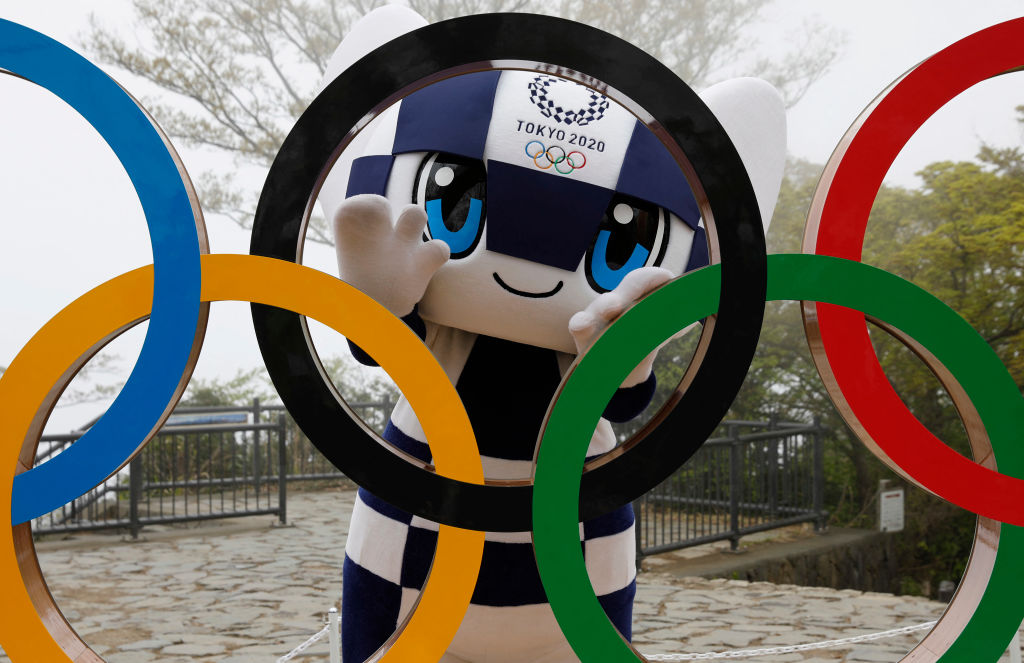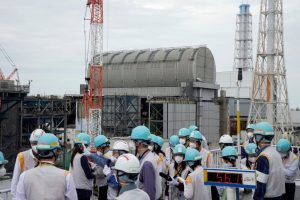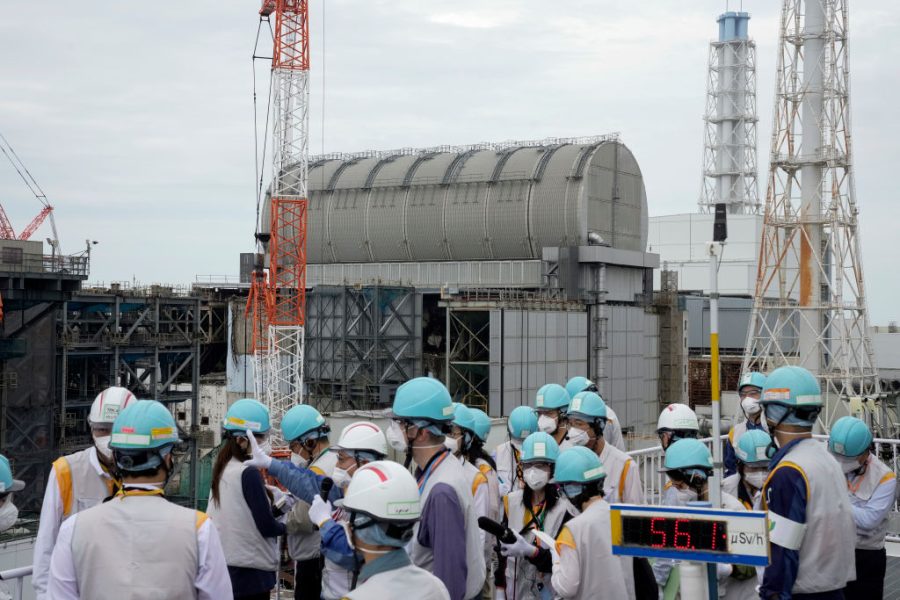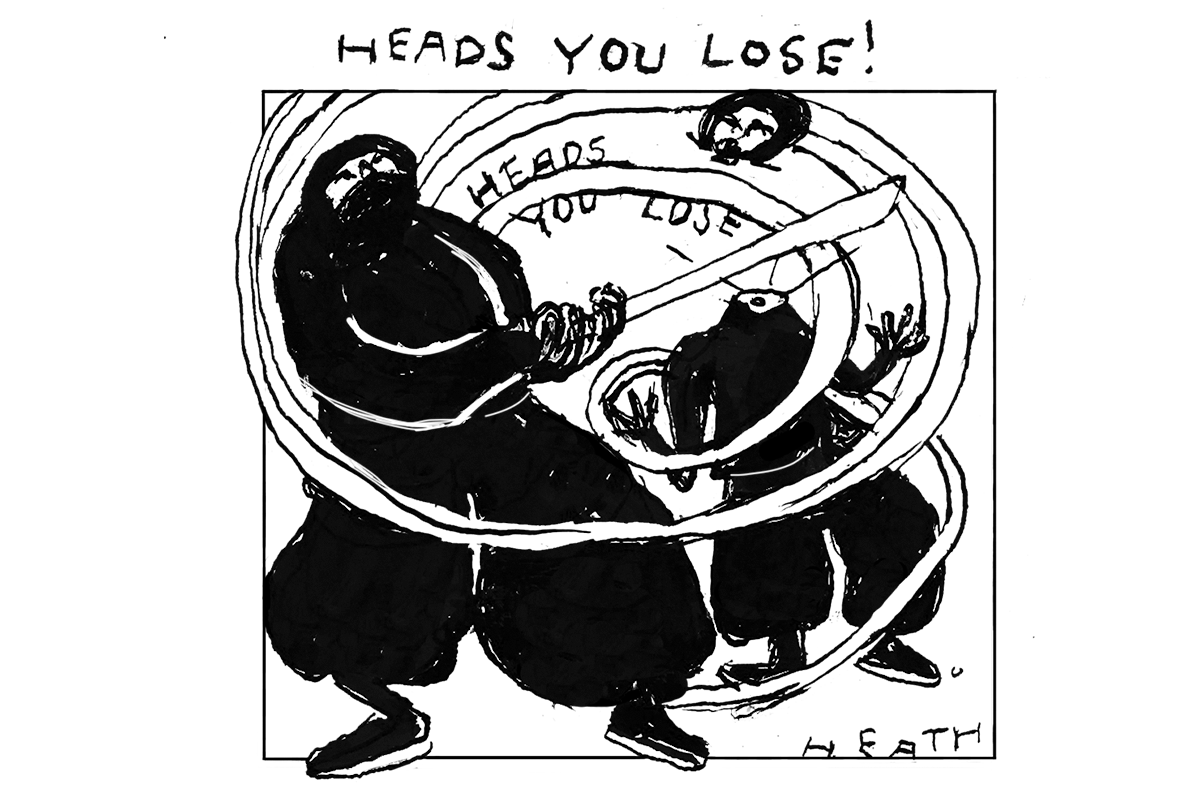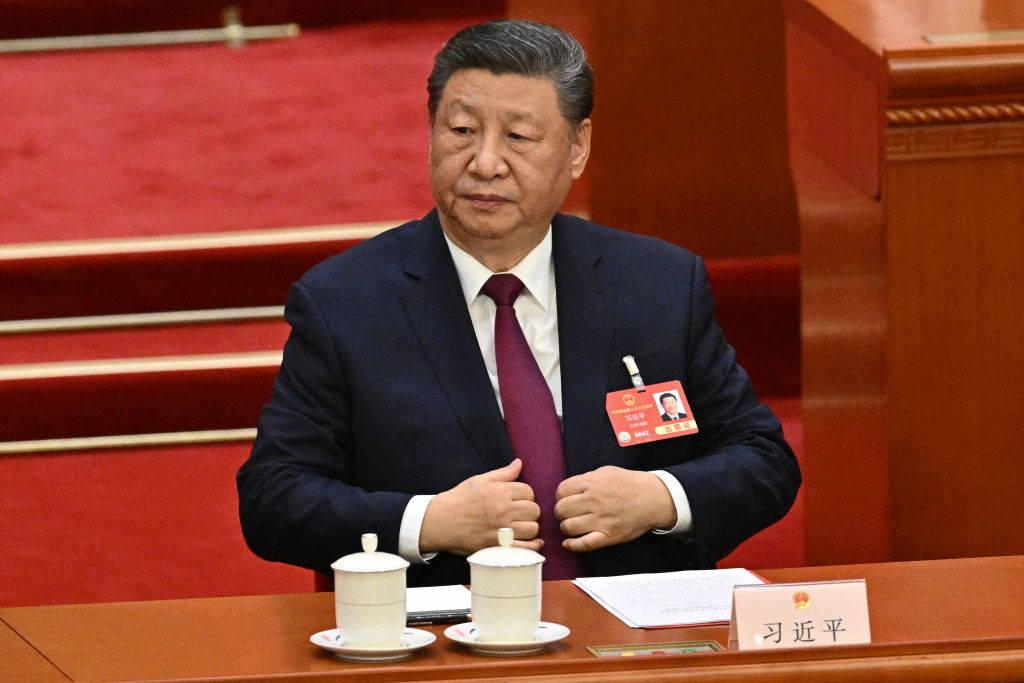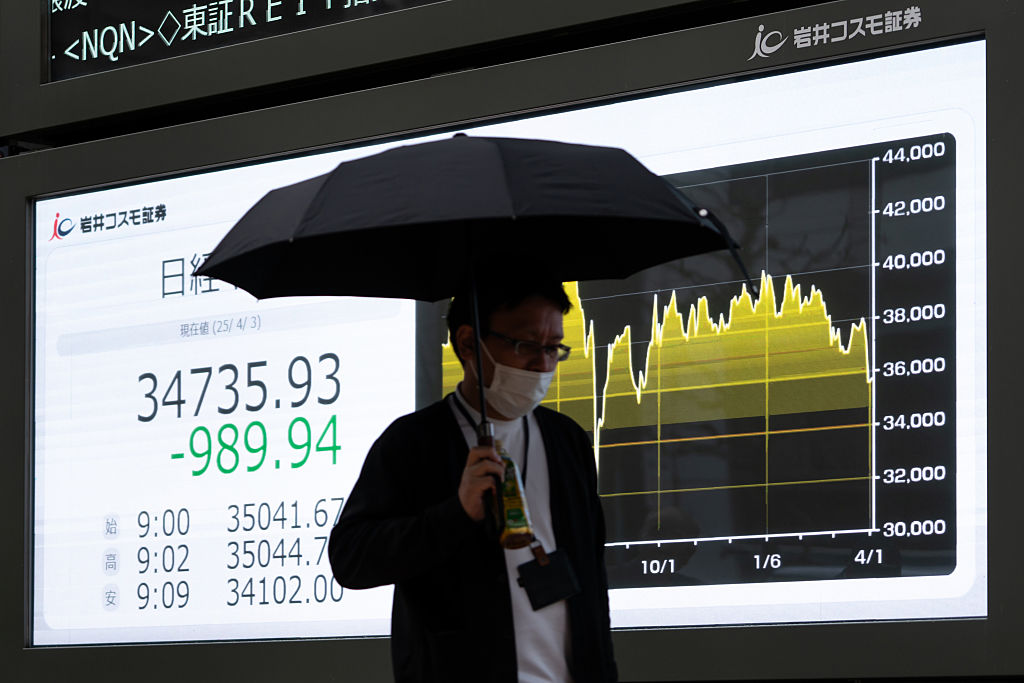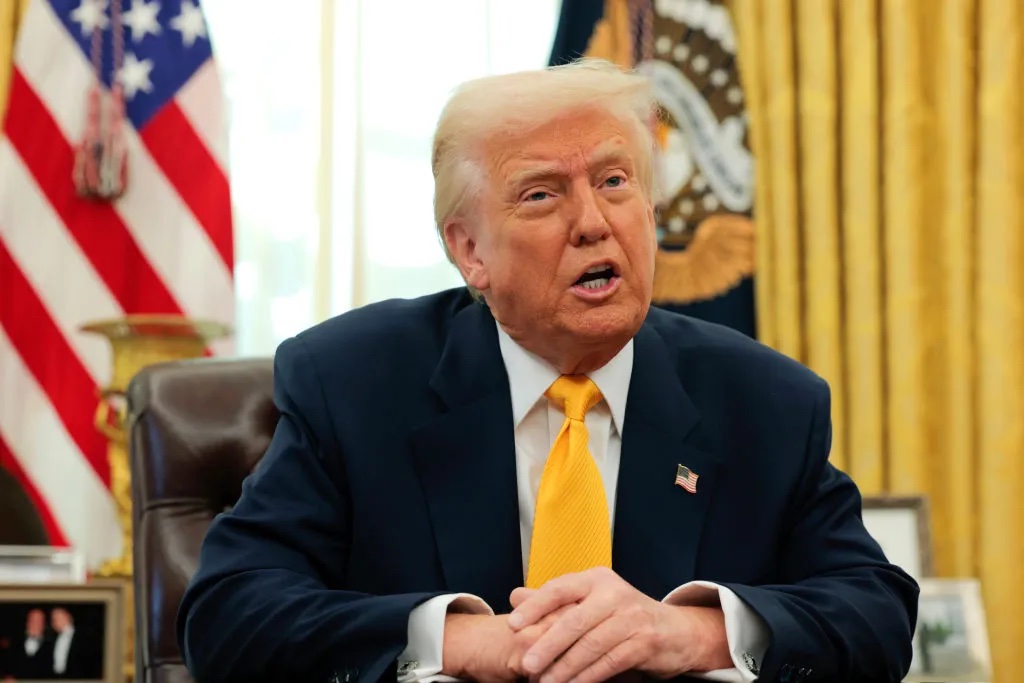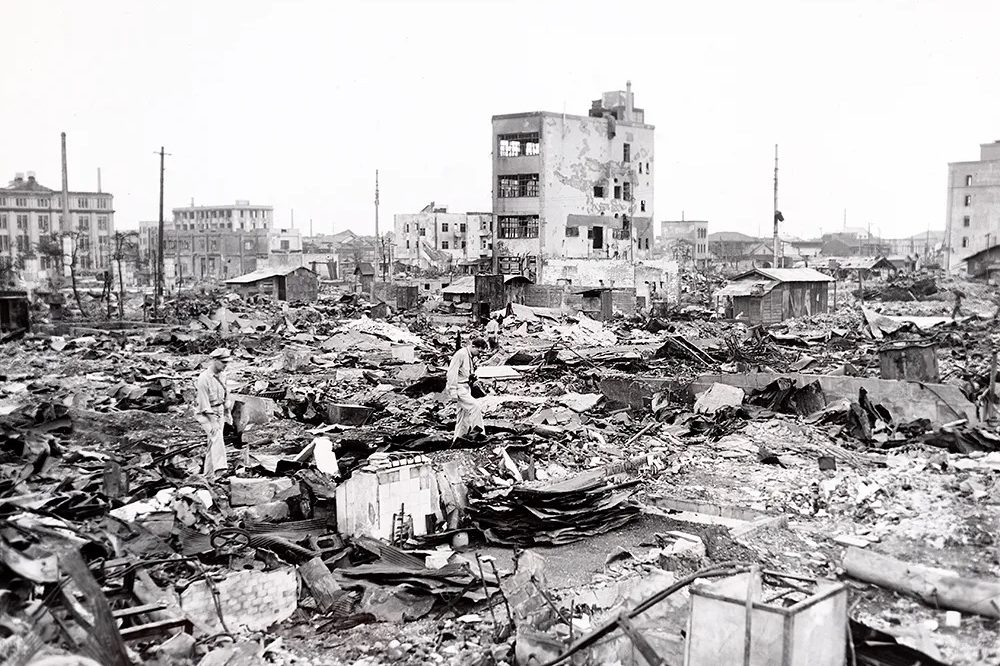Tokyo
The Tokyo 2020/2021 Olympics, which begins on Friday, looks set to be one of the worst in the event’s history. A book detailing all the scandals and mishaps of the games would be longer than the Tales of Genji.
Won way back in 2013, it wasn’t long before allegations of suspicious payments materialized. Since then there have been: massive cost overruns, cock-ups with venues (the Olympic stadium was built without a crucible!), multiple gaffes and resignations from the principals, the relocation of the marathon, plus, of course, the one-year postponement and endless uncertainty wrought by the pandemic.
The games will open under a dark cloud of public discontent. Polls have consistently shown a preference for either another postponement or outright cancellation (as many as 80 percent in one survey). A measure of the unpopularity is summed up in reports that the government has contingency plans to deal with violent anti-games protests. The groups that form at Shinjuku station calling for people to ‘smash the opening ceremony’ and ‘overthrow the Suga administration’ do look serious, but thankfully the nastiest episode so far has been a woman firing a water pistol at a torchbearer. But this is Japan remember, so that counted as a major incident. The torch relay was taken off-road (i.e. hidden) for ‘safety reasons’.
The ‘Cancel the Olympics’ movement has widespread support. As well as those who just think it’s all a colossal bore, there are the tax payers, aware of the steep hikes coming soon to pay it off; those traumatized by COVID, convinced that admitting 11,000 athletes from around the world will lead to soaring infections (there was even talk of an ‘Olympic variant’); and their allies, the doctors and nurses, who resent being conscripted to deal exclusively with visiting athletes and dignitaries.
The cause has even aroused the interest of the generally indifferent young, due to the bizarre coincidence of a scene in cult manga classic Akira (1982) that envisioned the cancellation of the 2020 Olympics in a dystopian, then future, Tokyo. A boutique in the trendy Kichijoji district played on this, and sold a thousand ‘Cancel the Olympics’ T-shirts in two weeks.
So blighted have the Olympics been that some believe the games are not just figuratively but literally, cursed. There are two theories: the ‘Tokugawa curse’, referenced after human remains were discovered at the site of the Olympic stadium, which was built on land once belonging to the Tokugawa shogunate, rulers of feudal Japan. And there is the ’40-year curse’: canceled 1940 games, boycott-ravaged 1980 games, now the wretched 2020 version.
But reports stating that the Japanese are genmetsu (disillusioned) with the project are inaccurate: they were never keen on it in the first place. The early view from cynics was that the games were an extravagant vanity project for former prime minister Shinzō Abe, who hoped to crown his career by grandstanding at the opening ceremony. There is even a theory that former Emperor Akihito, who abdicated in 2019, timed his exit to avoid being used as a prop at the politicized event.
The games look likely to be an utterly joyless affair. While the 1964 Tokyo Olympics were the first to be beamed around the world via satellite, the 2020/1 version will be the first to be watched only on TV. No fans will be admitted to the venues; there are no public viewing areas, and even roadside viewing of the marathon or walk is being strongly discouraged. This might actually be a blessing, as all over Tokyo public health posters are warning people of the ferocious heat, which leads to ‘400,000 cases of heat illness and 40,000 people being rushed to hospital (each year).’ ‘Keep out of the sun’ the poster advises. I wonder if they put any up in the Olympic village?
You feel for the athletes, many of whom struggled to get to Japan at all. The world’s fastest woman Jamaica’s Shelly-Anne Fraser-Pryce endured a multi-leg 8,000-mile journey, while the Fijian team, with no commercial flights available, arrived on a cargo plane, which usually transports express mail and chilled seafood.
Once in Tokyo, athletes are placed under virtual house arrest and subjected to repeated testing. With training disrupted and little chance of acclimatizing, don’t expect many world records; though woke podium protests, despite an official ‘ban’, are likely.
Can anything brighten this dismal prospect? Perhaps. If the prophesies of COVID surges fail to materialize, the games might boost confidence that international sport and travel can still take place, and there may be life in the old normal yet. Secondly, we may be captivated by inspiring human stories, such as those of the US’s Chaunte Lowe, and Japan’s Ikee Rikako, whose illnesses would have ruled them out if the games had been held in 2020, but who have recovered sufficiently to compete in 2021.
And there is a good chance that these games may prove to be a watershed, heralding an era of smaller scale, less bombastic, and less politicized sporting competitions. There is some evidence this may already have happened. Eleven countries bid for 2020; only five did so for 2024 — and three of those pulled out after public outcries. There was only one candidate for 2028.
Perhaps the Tokyo Olympics 2020 will become known as the ‘Cautionary Games’.
This article was originally published on The Spectator’s UK website.



